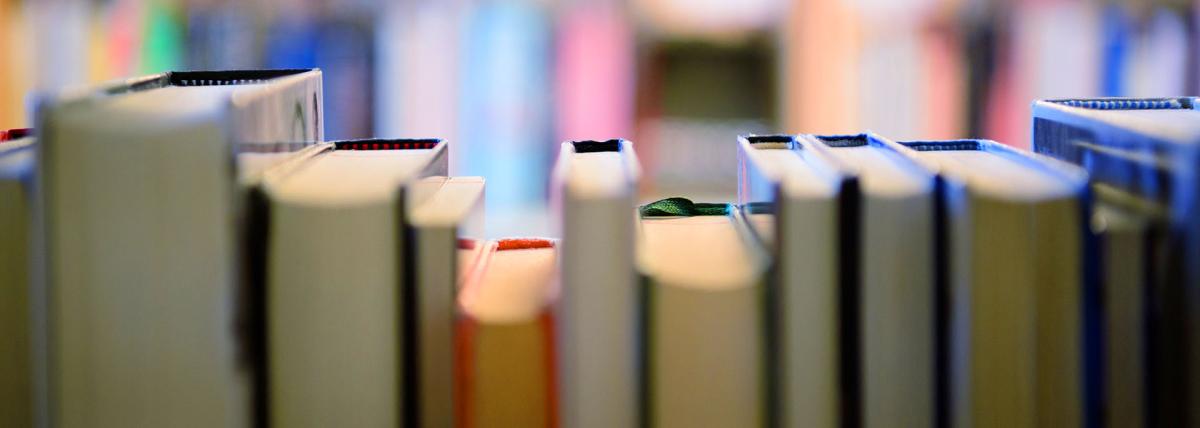This unit has lessons which will introduce students to phenomena we encounter in the real world. Students will learn about high interest phenomenon through hands-on investigations. Students will
This thematic unit has lessons which will introduce students to phenomena we encounter in the real world. Students will learn about high interest phenomenon through hands-on investigations. Students
Students will dive into the world of three-dimensional structures, shapes, and basic engineering principles through this hands-on lesson using Magna Tiles.
Math Magic through Coding!
In this 2nd grade STEM lesson, students will learn how symbols (directional arrows) can be used to program an object's movements. They will develop an algorithm using a sequential graphic organizer to
Students will understand the concept of levers as simple machines and will identify and classify everyday objects as levers. Students will apply basic mathematical concepts to measure and compare the
This lesson is for 2nd-5th grade students. It covers a range of AZ science standards and connects to math, reading, and social studies concepts. It also incorporates STEAM hands on activities to
Students will learn about the community in Yuma, AZ. We will read Roxaboxen and talk about the theme, Community. Students will use the design process to create a model and pitch it for a new park
This lesson is designed to promote hands-on, project-based learning that connects various disciplines. It emphasizes the importance of real-world applications and encourages students to think
Students will read and respond to the story, Room on the Broom. Then students will work in small groups to create a sturdy pumpkin tower using pumpkin candies and popsicle sticks. Students will try to
Students will have fun building and testing with KidSpark observing and calculating forces such as load and effort.
In this lesson, students will learn about Indi the robot. They will collaborate with their peers and use problem-solving skills and critical thinking to learn about coding and how to create an
Students will use the Engineering Design Process to plan and create the longest chain. Then they will use tools to measure their chains.
In this lesson, students will listen to a story about how and why crayons were invented. They will then create a crayon tower and record data. This is the 1st lesson in a series of 2.
In this lesson students will be creating a geometric design to create a stained-glass window. They will then assemble the window with pretzel rods, royal icing and melted Jolly Ranchers. Students can
What is a geometric shape? Observe and discuss a variety of geometric shapes. Similar/different? Mathematical geometry vocabulary/activities with shapes Engineering a geometric playground Share or
Students will design and build their own popsicle stick catapults, exploring principles of force, motion, and engineering. This lesson does have a Halloween theme to it, but can be modified is needed.
Featured Lesson Plans
Check out these notable lesson plans.

Makey Makey Storyboards

Sphero Rocket Payload Mission



